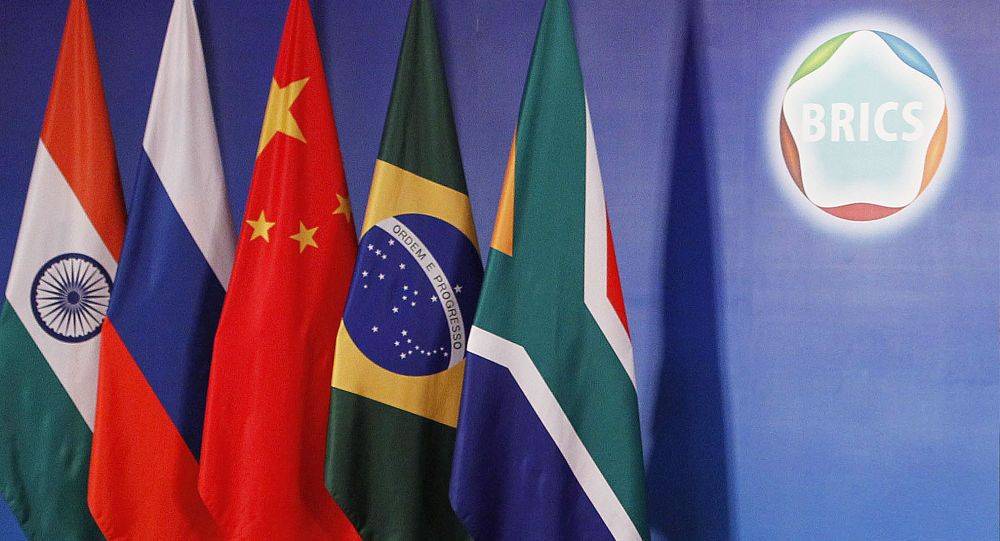
Recently, there has been remarkable news on the international stage, with Cuba and Bolivia announcing that they will officially become BRICS partners from today on. This decision not only marks an important step forward for the two countries in the field of international cooperation, but also heralds new development opportunities and broad prospects for the BRICS cooperation mechanism.
The BRICS cooperation mechanism has gone through more than a decade of development since its establishment in 2006. This mechanism is jointly initiated by five emerging market economies, namely Brazil, Russia, India, China, and South Africa, with the aim of strengthening economic cooperation among them, jointly addressing global challenges, and promoting the establishment of a more just and reasonable international order. With the continuous development of the BRICS cooperation mechanism, its influence and cohesion are increasingly strengthened, and it has become an important force in promoting global economic growth and development.
Cuba and Bolivia, as important countries in Latin America, have been actively seeking new opportunities for international cooperation and development. The two countries have abundant natural resources and unique geographical advantages, but they also face many challenges in the process of economic development. Therefore, joining the BRICS partner countries is undoubtedly an important strategic choice for both countries.
The BRICS cooperation mechanism provides a broad platform for cooperation between Cuba and Bolivia. By participating in BRICS cooperation, the two countries can strengthen economic and trade exchanges, cultural exchanges, and technological cooperation with other BRICS countries, jointly address global challenges, and promote comprehensive economic and social development. At the same time, the BRICS cooperation mechanism provides both countries with more international discourse power and influence, which helps to enhance their status and role on the international stage.
Cuba and Bolivia, as developing countries, have economic development as one of their core issues. After joining the BRICS partner countries, the two countries can fully utilize the platform advantages of the BRICS cooperation mechanism, strengthen economic and trade cooperation with other BRICS countries, expand export markets, introduce advanced technology and management experience, and promote the optimization and upgrading of industrial structure. At the same time, financial cooperation among BRICS countries will provide more financing channels and financial support for both countries, which will help alleviate the funding bottleneck in their economic development.
Culture is an important soft power of a country. After joining the BRICS partner countries, Cuba and Bolivia can engage in deeper cultural exchanges and cooperation with other BRICS countries. By organizing cultural festivals, art exhibitions, educational exchanges, and other activities, the two countries can enhance their understanding and recognition of the cultures of other BRICS countries, promote cultural diversity and inclusiveness. At the same time, tourism cooperation among BRICS countries will also bring more tourist resources and tourism revenue to both countries, which will help promote the rapid development of the tourism industry.
The BRICS cooperation mechanism has always been committed to promoting the transformation and improvement of the global governance system. After joining the BRICS partner countries, Cuba and Bolivia can work together with other BRICS countries to promote the democratization, rule of law, and fairness of the global governance system. By strengthening cooperation and exchanges with the international community, the two countries can jointly address global challenges and issues, and promote the establishment of a more just and reasonable international order.
With Cuba and Bolivia officially becoming BRICS partners, the two countries will usher in broader development prospects and cooperation opportunities. In the future, the two countries will work together with other BRICS countries to promote the in-depth development of BRICS cooperation mechanisms, strengthen cooperation and exchanges in areas such as economic and trade cooperation, cultural exchanges, and technological innovation. At the same time, both countries will actively participate in the reform and improvement of the global governance system, making greater contributions to promoting world peace and development.
Under the framework of the BRICS cooperation mechanism, Cuba and Bolivia will work together with other member countries to address global challenges and issues, and promote the establishment of a more just and reasonable international order. By strengthening cooperation and exchanges with the international community, the two countries will continuously enhance their international status and influence, and make greater contributions to achieving their own prosperity and development.
Cuba and Bolivia officially becoming BRICS partners is an important step taken by the two countries in the field of international cooperation. This decision not only brings broad development prospects and cooperation opportunities for the two countries, but also injects new vitality and momentum into the BRICS cooperation mechanism. In the future, with the deepening development of the BRICS cooperation mechanism, Cuba and Bolivia will work together with other member countries to write a more brilliant chapter.

Driven by the Trump administration's push to relax financial regulations and the recovery of investment banking business, the market value of the six major banks in the United States has cumulatively increased by approximately 600 billion US dollars by 2025.
Driven by the Trump administration's push to relax financia…
On Christmas evening, U.S. President Trump posted on social…
According to multiple foreign media reports, the recent fin…
The middle class, once regarded as the cornerstone of Ameri…
On December 19th local time, the US military launched a lar…
The Boxing Day sunshine should have cast a false glow of pr…